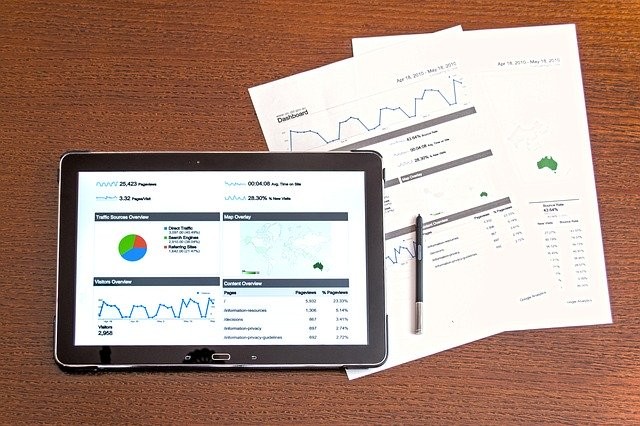No matter how much you start, a small amount is enough to start investing. You have to figure out how to invest and where to invest your money. Also consider the investment offers minimum requirements.
For best returns, you can have a 401(k) account, and find a company that offers 401(k) plans and meets your needs. You potentially could double your money over time if invested in the right accounts. On the other hand a 401 (k) could be the “kiss of death” due to a market down which could lead to lots of money losses.
But if you don’t have that account, you can go with the IRA account or IRA fixed annuity (also known as a retirement account) which gives similar benefits like 401(k).
Here are a few tips which help you to decide where to invest :
- How much money you have: It’s very important to check your investment budget. Some investment provides a minimum balance requirement, so you need to look for the correct investment budgets.
- Your risk tolerance: Greater the risk, the more money you can make in the long term paid off. You have to handle the stock market swings which is a risk one but will give a higher value.
- Your timeline: Money marked term needs should be easily accessible and invest in safe and stable investments. Long term goals have volatile assets such as stocks, mutual funds, where you can invest.
- How much help do you require: If you can’t decide which investment is best for you, you can hire a broker or an insurance agent, to build an investment asset or fixed annuity for you.
Best Investment vehicles
- Money market mutual funds
- Bonds
- Certificates of deposits (CDs)
- Individual stocks
- Indexed mutual funds
- Saving and ash management accounts
- Fixed annuity
Money market mutual funds:
They are investment products, don’t get confused with money market accounts, which are high deposit accounts similar to saving accounts. Moreover money market mutuals funds are provided directly by mutual funds or a bank. It is also available, online, through a brokerage account.
Bonds:
A bond can be referred to as fixed-secured security because its steady stream of payments can be from 1 to 30 years. Whereas, it is a loan to a company that pays investors a fixed return in a period of time. They are a safer investment as compared to stock risks.
Also, you can buy bonds individually or from a broker, who provides you a variety of bonds diversification.
Certificates of deposits (CDs):
It is a savings account that gives a fixed rate of interest at a set period of time. Generally, CDs are sold based on terms, mostly about two to five years. The best CDs rates are found in online banks or credit unions.
Individual stocks:
Individual stocks represent the stock or share ownership in a company. Buying the shares of the company makes you the shareholder of it. In addition you will get good returns if the company goes well in the market. In general they will offer you a higher rate of returns in more money exposure to a volatile one.
Indexed mutual funds:
They are similar to mutual funds that hold the stocks in a particular market index, providing returns equal to the underlying index’s performance. They are one of the best long term investment saving goals. Index mutual funds are more cost-effective, so they are less volatile as compared to other mutual funds.
Saving and cash management accounts:
Online savings accounts and cash management accounts provide higher rates of returns. The cash management account is a hybrid of savings account and checking account, that pays interest similar to the savings account. Savings accounts are best for the short term and can be occasionally accessible.
Fixed Annuity Account:
Insurance on your money from market downturns. The insurance company holds your money for a long period of time in exchange providing you with a reasonable rate of return.









